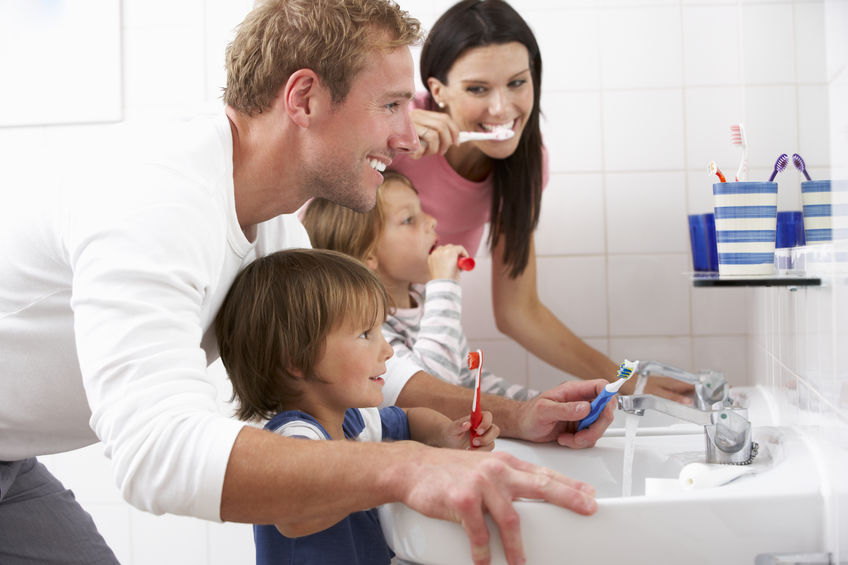 There is science behind the connection of mental health and having routines. Routine is not only a great way to improve common psychological and mental health conditions, but it can also help to fight addiction and insomnia. Current research on creating new habits suggests that it takes an average of 21 days to create new habits. This goes for routine also. If you set and stick to a routine for three weeks, without change, there is a good chance that you will stick to the routine for a long time. When it comes to psychological and mental health, this could be a life-changing moment.
There is science behind the connection of mental health and having routines. Routine is not only a great way to improve common psychological and mental health conditions, but it can also help to fight addiction and insomnia. Current research on creating new habits suggests that it takes an average of 21 days to create new habits. This goes for routine also. If you set and stick to a routine for three weeks, without change, there is a good chance that you will stick to the routine for a long time. When it comes to psychological and mental health, this could be a life-changing moment.
Routine in adults is very similar to routine in children. It is crucial to set routines to enable yourself to get better at the things you do. Routine helps us cope with change, it helps to create healthy habits, and more importantly, it helps to reduce stress levels. When your life is organized and set in a routine, you know exactly what to expect. This takes out the guessing of what is coming, alleviating the symptoms of anxiety. When we have routine, it actively works to respond to symptoms of mental health conditions and thoughts that may be making your life difficult.
Routine Liberates Your Mental Health
Routine can liberate your mental health, and it can have incredible psychological benefits, including alleviating symptoms of mental disorders, and insomnia. Creating a daytime routine for yourself or a loved one can promote better sleeping cycles.
Routine for Children
Creating a great nighttime routine can create better sleep patterns, especially in children. Therefore, routines of set dinner times, brushing teeth, wind down time, and set bedtimes are of crucial importance to a child’s sleep pattern. Family routines help restrain impulsiveness and antagonistic symptoms in children. Why? Routine helps to make children feel safe. If they have unpredictability, they don’t know what to expect, and it can create anxiety of the unknown. Routine eliminates the unpredictable.
How to Incorporate Routine into Daily Life
You can incorporate routine into your daily life in many aspects:
- A personal level
- A professional level
- A relationship level
The crucial thing is to integrate parts of each of these aspects into your life to create a routine with set goals as the purpose. Routine eliminates stress, anxiety, and insomnia for many reasons. Once you have a routine set, you will see improvements in transforming all aspects of your life very quickly. As noted above- with consistency, it takes about 21 days to create new habits.
Routine & Anxiety
To prevail over anxiety, you need to be able to sit down, write out a list of what is worrying you, and address your concerns. When we create physical routines for our bodies through exercise or changing eating habits, this allows our bodies to adjust, and know what is coming. The same goes with mental routines. Creating predictable scenarios through routine allows your mind to adjust, by knowing what is going to happen, therefore, alleviating anxiety over the unknown. Journals are a great way to set routine to fight anxiety. Writing your worries into a journal at the same time each day will begin a process (or routine) of mental restoration.
Routine & Stress
Routine helps alleviate stress. Creating routines will allow you to set times for specific tasks, and allow you to set times for fun, or things that you enjoy or make you happy. If these things are part of your daily routine, then your brain will begin to adapt, knowing that the fun part is the rewarding elements to get you through the things that would usually stress you.
From this information, you can see how vital routine is if you battle depression, anxiety, mental or psychological disorders. Even for a person who doesn’t fight the same battles as you might, benefits from routine. It’s the anchor for predictability.
